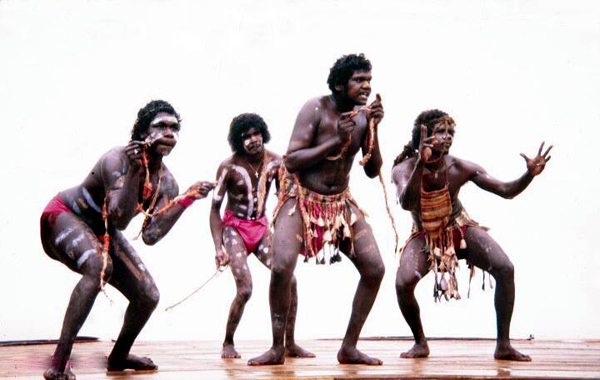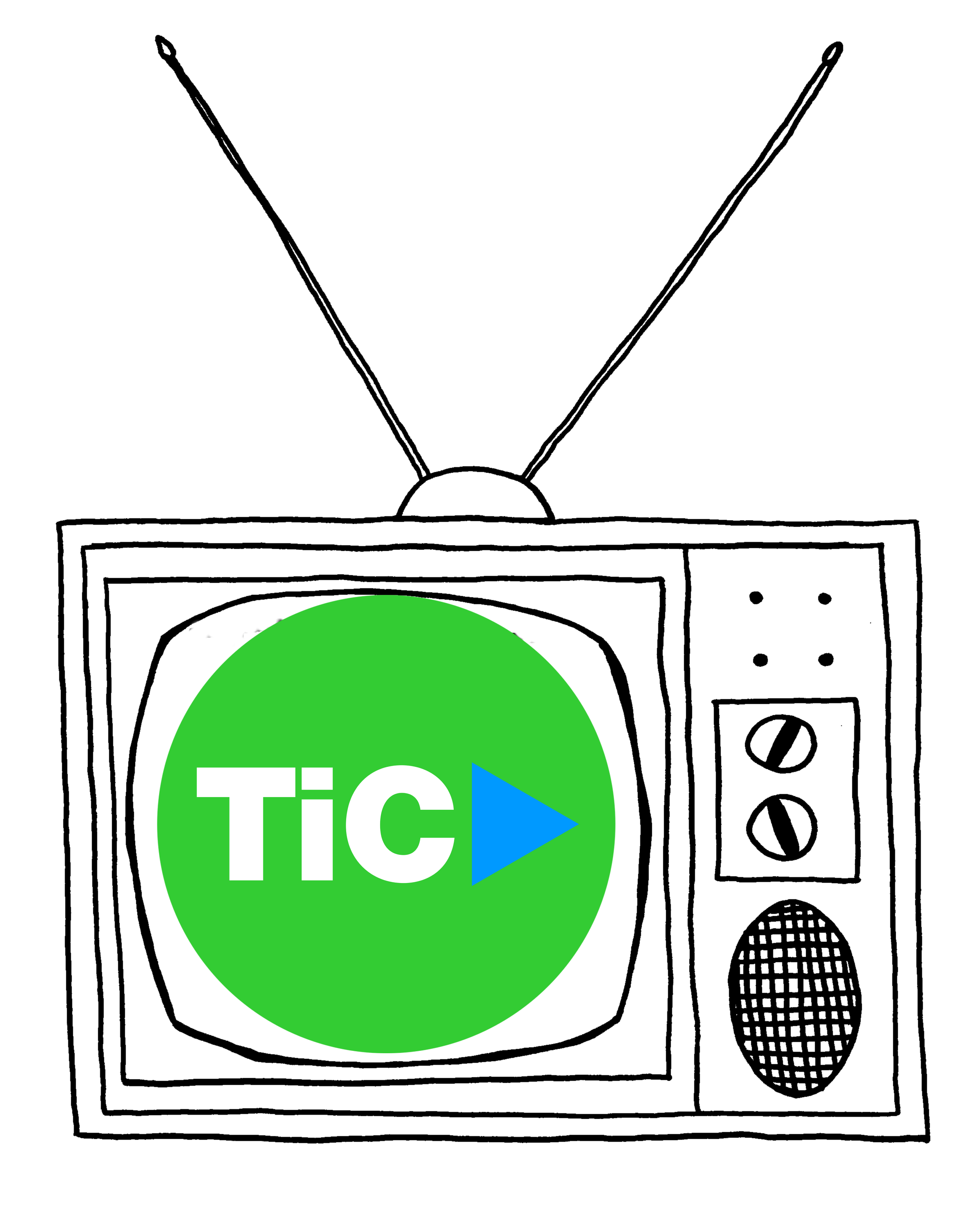International Day of the World’s Indigenous Peoples
August 9 is International Day of the World’s Indigenous Peoples. The day is to promote and protect the rights of the world’s indigenous population. This event also recognizes the achievements and contributions that indigenous people make to improve world issues such as environmental protection.
Why Celebrate Indigenous Peoples
There are an estimated 370 million indigenous people in the world, living across 90 countries. They make up less than 5 per cent of the world’s population, but account for 15 per cent of the poorest. They speak an overwhelming majority of the world’s estimated 7,000 languages and represent 5,000 different cultures.
Indigenous peoples are inheritors and practitioners of unique cultures and ways of relating to people and the environment. They have retained social, cultural, economic and political characteristics that are distinct from those of the dominant societies in which they live. Despite their cultural differences, indigenous peoples from around the world share common problems related to the protection of their rights as distinct peoples.
The importance of Indigenous Peoples
By resolution 49/214 of 23 December 1994, the United Nations General Assembly decided that the International Day of the World’s Indigenous Peoples shall be observed on 9 August every year. The date marks the day of the first meeting, in 1982, of the UN Working Group on Indigenous Populations of the Sub-Commission on the Promotion and Protection of Human Rights.

